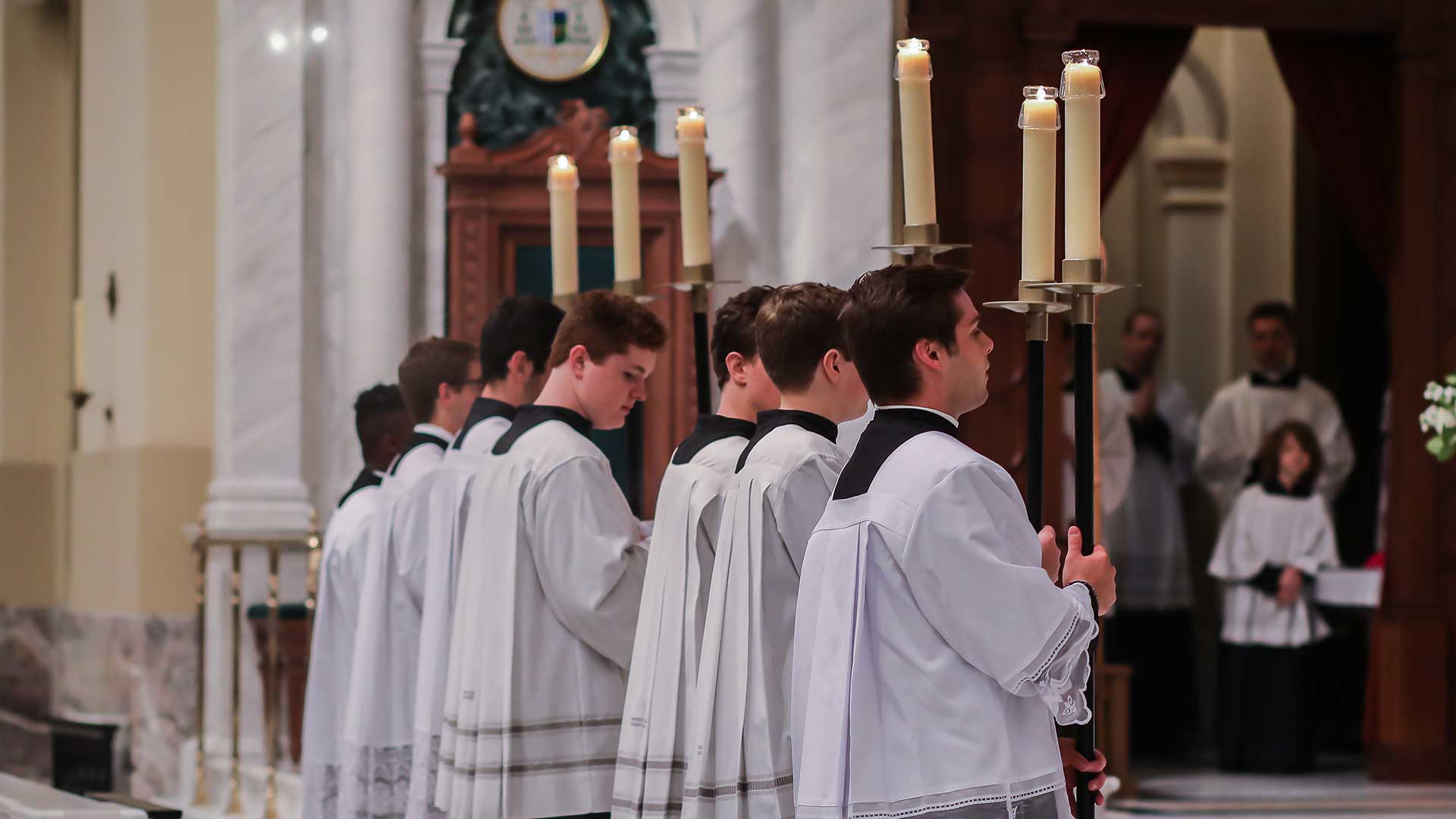
What is an altar server? An altar server assists the priest during Mass and other liturgical services. These helpers perform tasks like carrying the cross, holding the book for the priest, and preparing the altar. Altar servers play a vital role in ensuring that the service runs smoothly and reverently. They often start serving at a young age, learning the importance of dedication, responsibility, and faith. Many churches offer training sessions to teach new servers the necessary skills and protocols. Serving at the altar can be a rewarding experience, fostering a deeper connection to the church community and spiritual growth.
What is an Altar Server?
An altar server assists the priest during liturgical services. They play a crucial role in the smooth execution of the Mass. Here are some fascinating facts about altar servers.
-
Historical Roots: Altar servers have been part of the Church since the early centuries of Christianity. Initially, only men and boys could serve.
-
Training Required: Before serving, individuals undergo training to understand their duties and the significance of the rituals.
-
Age Range: Typically, altar servers start as young as 8 years old. However, there is no upper age limit.
-
Gender Inclusion: In many churches, both boys and girls can serve. This inclusion started in the late 20th century.
-
Vestments Worn: Altar servers wear special garments called albs or cassocks and surplices. These symbolize purity and service.
Duties of an Altar Server
Altar servers have various responsibilities during the Mass. Their tasks ensure the ceremony runs smoothly.
-
Carrying the Cross: One of the primary duties is carrying the processional cross during the entrance and exit processions.
-
Holding the Missal: Servers hold the Roman Missal for the priest during prayers, making it easier for him to read.
-
Preparing the Altar: They help set up the altar by placing the chalice, paten, and other sacred vessels.
-
Assisting with Incense: In services that use incense, servers assist by holding the thurible and boat.
-
Lighting Candles: Altar servers light and extinguish candles before and after the service.
Symbolism and Significance
The role of an altar server is rich with symbolism and spiritual significance. Each action they perform has a deeper meaning.
-
Symbol of Service: Serving at the altar is a form of ministry, symbolizing dedication to God and the Church.
-
Learning Responsibility: Young servers learn responsibility and discipline through their duties.
-
Spiritual Growth: Many servers report a deeper connection to their faith through their service.
-
Community Involvement: Serving fosters a sense of community and belonging within the parish.
-
Role Models: Altar servers often become role models for younger children in the congregation.
Fun Facts about Altar Servers
Beyond their duties, there are some interesting tidbits about altar servers that many might not know.
-
Special Blessings: Some churches offer special blessings for altar servers on specific feast days.
-
International Gatherings: There are international gatherings for altar servers, such as the pilgrimage to Rome.
-
Patron Saint: St. John Berchmans is the patron saint of altar servers. He is often invoked for guidance and protection.
-
Recognition Awards: Many parishes have recognition programs to honor long-serving altar servers.
-
Lifelong Impact: Many former altar servers continue to serve the Church in other capacities, such as becoming priests or lay ministers.
Final Thoughts on Altar Servers
Altar servers play a vital role in church services. They assist the clergy, help maintain the flow of the service, and contribute to the overall spiritual experience. These young individuals often start their journey with a sense of duty and end up gaining valuable life skills like responsibility, teamwork, and public speaking.
Serving at the altar also offers a unique perspective on religious practices, deepening their faith and understanding. It's not just about carrying candles or ringing bells; it's about being part of something bigger, a community bound by shared beliefs and traditions.
Whether you're considering becoming an altar server or just curious about their role, knowing these facts can give you a deeper appreciation for their contributions. So next time you attend a service, take a moment to acknowledge the hard work and dedication of these young servers.
Was this page helpful?
Our commitment to delivering trustworthy and engaging content is at the heart of what we do. Each fact on our site is contributed by real users like you, bringing a wealth of diverse insights and information. To ensure the highest standards of accuracy and reliability, our dedicated editors meticulously review each submission. This process guarantees that the facts we share are not only fascinating but also credible. Trust in our commitment to quality and authenticity as you explore and learn with us.


